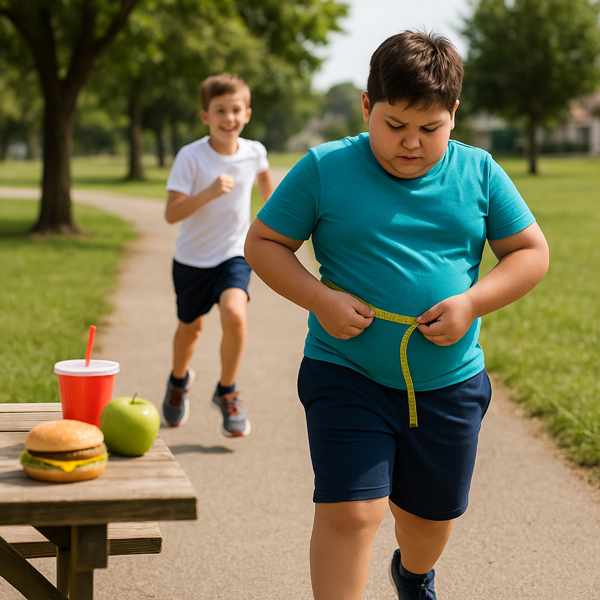A Parent’s Guide to Weight Loss for Kids
A Parent’s Guide to Weight Loss for Kids
Blog Article

Helping children maintain a healthy weight is critical for their overall well-being.
But losing weight as a child isn’t about strict diets or intense workouts—it's about creating balance that encourage growth.
Why Weight Loss for Kids Matters
Excess weight in children can lead to medical complications such as:
- Often preventable with diet and activity changes
- Previously seen only in adults
- Joint issues and limited mobility
- Low self-esteem or social anxiety
Early intervention helps kids grow into healthier, happier adults.
How to Approach Weight Loss for Kids
Weight loss for kids should focus on support, not punishment.
Tips include:
- Encourage more physical activity
- Offer balanced meals and snacks
- Make changes as a family
- Celebrate progress and effort
Kid-Friendly Foods for Weight Management
Great options include:
- Fruits and vegetables in fun shapes
- Whole grains like oats and brown rice
- Support growth and muscle development
- Better than chips and sweets
Avoid using food as a reward or punishment—this can create unhealthy emotional patterns.
Fun Ways to Move Every Day
Recommended activities:
- Dancing to music or doing YouTube workouts
- Helps build confidence and teamwork
- Turn movement into bonding time
- Builds healthier habits naturally
The goal is to make movement fun, not a chore.
What Parents Can Do
Parents can help by:
- Eat well and move with them
- Offering support, not criticism
- Being consistent, not perfect
- Emphasize feeling good and being strong
Children mirror adult behaviors—so lead by example.
When to Seek Professional Help
Consult a pediatrician or dietitian if:
- It may signal underlying issues
- They feel sad or ashamed about their body
- You're unsure how to help safely
Working with professionals ensures your more information child receives age-appropriate support.
Conclusion
Weight loss for kids isn’t about quick fixes, but about teaching them to grow up feeling confident and strong.
Start small, stay positive, and remember—your encouragement makes all the difference. Report this page